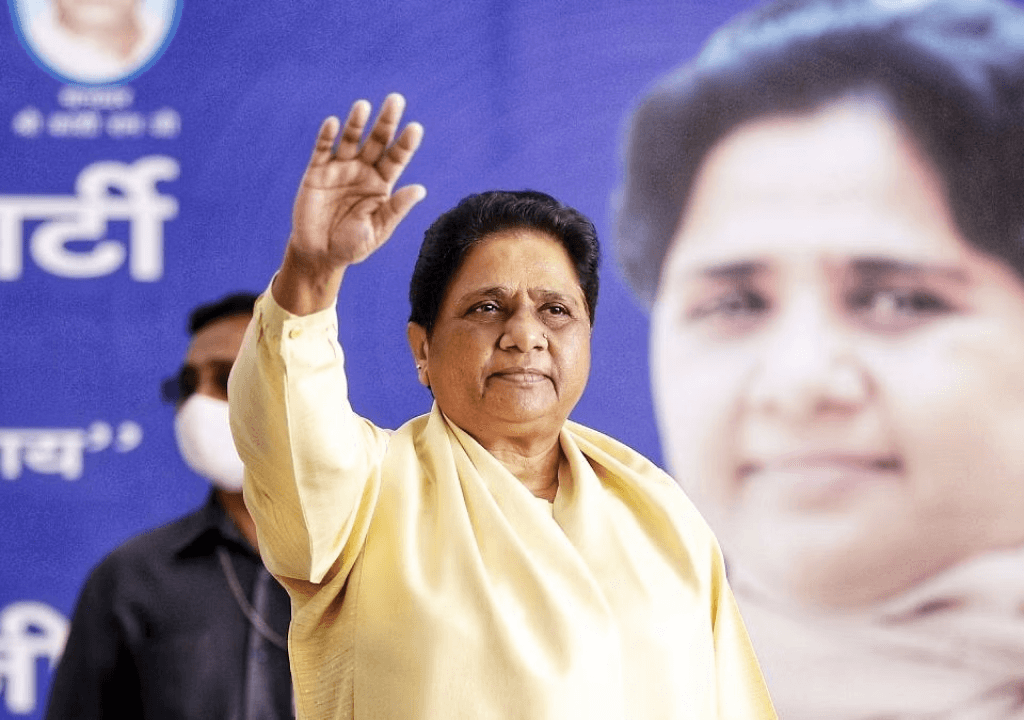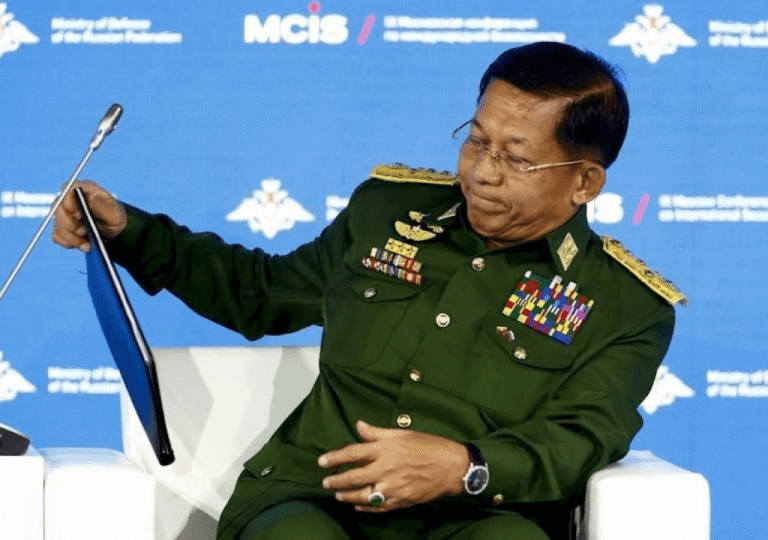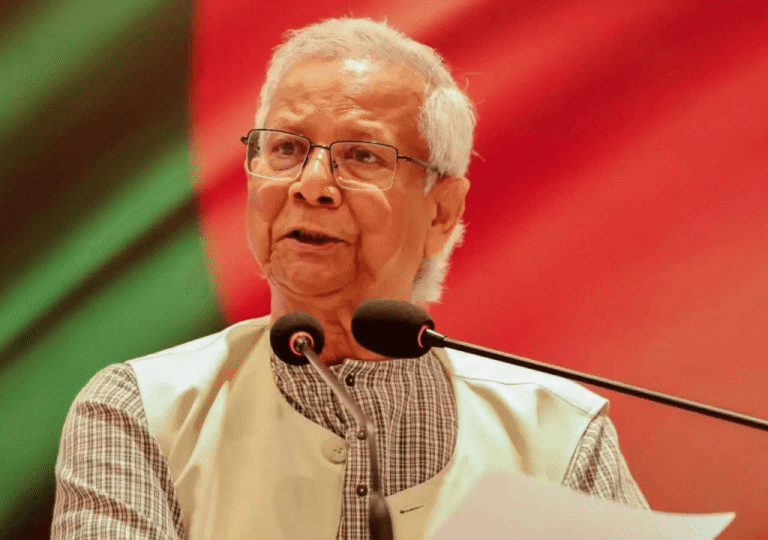Once celebrated as a potential alternative to the prevailing political powers of the Bhartiya Janata Party (BJP) and the Indian National Congress (INC), the Bahujan Samaj Party (BSP) is now experiencing a notable downturn. The party has lost ground in the Indian political scene, despite having once boasted of having representatives in almost every state legislature, being courted by powerful politicians for alliances, and portraying itself as an advocate for underprivileged people. Even as it briefly experienced a resurgence with the acquisition of 10 seats in the last Lok Sabha election, the BSP’s prominence has gradually diminished over the past decade. Recent reports reveal that all 10 members elected in the last Lok Sabha may be moving to other parties. Without forming alliances and struggling to make significant progress in electoral contests, BSP leaders are either aligning with alternative political factions or encountering challenges in leaving a lasting impact in the electoral arena. The rise and fall of the BSP, once heralded as a revolutionary force in Dalit politics and influential in shaping national and state-level politics, now dominates headlines as it faces an uncertain future.
The Bahujan Samaj Party (BSP), served as a political platform advocating for the rights and representation of Bahujans, a diverse coalition encompassing Scheduled Castes, Scheduled Tribes, Other Backward Classes (OBC), and religious minorities. Founded by Kanshi Ram in 1984, the BSP aimed to unify these marginalized communities, which collectively comprised 85 percent of India’s population but were fragmented across 6,000 different castes. The party draws inspiration from the ideologies of respected social reformers including B. R. Ambedkar, Mahatma Jyotiba Phule, Narayana Guru, Chhatrapati Shahuji Maharaj, and Gautama Buddha.
Operating primarily within the state of Uttar Pradesh, the BSP got an election symbol of an elephant, a historical symbol linked to Dr. Ambedkar’s Scheduled Castes Federation. Rising swiftly to prominence, the party secured representation in both the Legislative Assembly of Uttar Pradesh and the Lok Sabha. It formed governments in Uttar Pradesh, with Mayawati assuming the role of Chief Minister during the 1990s and 2000s.
A significant turning point occurred in 2007 when the BSP achieved an absolute majority in the Uttar Pradesh state assembly elections, emerging as the sole majority party for the first time since 1991. Mayawati commenced her fourth term as Chief Minister, leading a government that completed a full five-year tenure, marking a historic milestone in Uttar Pradesh’s political landscape. The BSP’s ability to garner support from traditional upper-caste backers of the Bhartiya Janata Party (BJP) was instrumental in its electoral triumph.
During that period, the BSP experienced its zenith, notably during the 2004 and 2009 general elections, where it secured approximately 20 Lok Sabha seats. It emerged as the nation’s third-largest political entity, with some leaders even touting Mayawati as a potential candidate for Prime Minister. The party’s influence transcended its stronghold in Uttar Pradesh, making significant strides and augmenting its voter base across various states, spanning from the northern regions like Jammu and Kashmir to the southern territories such as Karnataka. Moreover, the BSP garnered positions in the governments of Rajasthan, Madhya Pradesh, Chhattisgarh, and Karnataka.
There was considerable speculation surrounding the future trajectory of Mayawati and the BSP, with many anticipating the party’s ascent beyond the 50-seats in the Lok Sabha, positioning itself as a formidable entity capable of single-handedly governing multiple states. However, as time progressed, circumstances shifted unfavorably, leading to a downturn in the party’s fortunes.
Mayawati’s ascent to power was tainted by allegations of corruption, with numerous cases filed against her for financial mismanagement and misuse of public funds. Faced with the threat of arrest upon losing her position, she sought alliances with both the Congress and the BJP to evade imprisonment.
Under her leadership, the Bahujan Samaj Party (BSP) drifted away from the founding principles laid down by Kanshi Ram. Instead of upholding the party’s original vision, Mayawati prioritized the interests of her own caste group. This shift led to widespread discontent among the public, as she favored her relatives and associates for key roles within the party, sidelining competent leaders from the Dalit community.
Numerous promising leaders in Dalit politics parted ways with the BSP due to the favoritism shown towards Mayawati’s inner circle. This partiality resulted in disillusionment among party members and leaders across various states, compelling them to seek refuge in other political factions. The party’s decline was further aggravated when Mayawati appointed her nephew, Akash Anand, as her successor on December 10, 2023, undermining the party’s foundational principles.
Leveraging the declining influence of the BSP, Prime Minister Modi tactically appealed to the Dalit vote bank by backing leaders like Ram Nath Kovind and Draupadi Murmu for the nation’s top positions, including the Presidency. This move resonated with Dalit and Adivasi communities, earning their endorsement for Modi and his Hindutva-centric agenda. Consequently, many Dalits now perceive a sense of security in aligning with Modi’s ideology. Nonetheless, critics warn that this transition may pave the way for a revival of India’s archaic slave caste system, which historically subjugated Dalits.
As the upcoming general election featuring Narendra Modi, Rahul Gandhi, and Akhilesh Yadav intensifies, Mayawati’s nephew finds himself on the fringes of the political fray. Despite Mayawati’s pledge that her party will eschew alliances and contest independently, their previous success in securing 10 seats was largely reliant on an alliance with the Samajwadi Party. However, the BSP has grappled with retaining the loyalty of these 10 MPs, with many defecting to other parties due to a perceived lack of visible leadership.
Accusations from the SP-INC alliance insinuate that the BSP’s reluctance to unite against Modi could fracture the anti-Modi vote in Uttar Pradesh. Yet, amidst the highly polarized political landscape of Uttar Pradesh, where the BJP and SP hold sway, the BSP finds itself marginalized, suffering losses in recent state assembly elections across various states. With no discernible strategy or a robust second-tier leadership in sight, the BSP seems poised for an inevitable decline.
The anticipated downfall of the BSP is not only disheartening for the party itself but also signifies a setback for Dalit politics, with only a few major Dalit parties remaining. The downfall of the BSP will mark a significant setback for Indian democracy.








